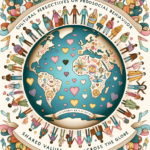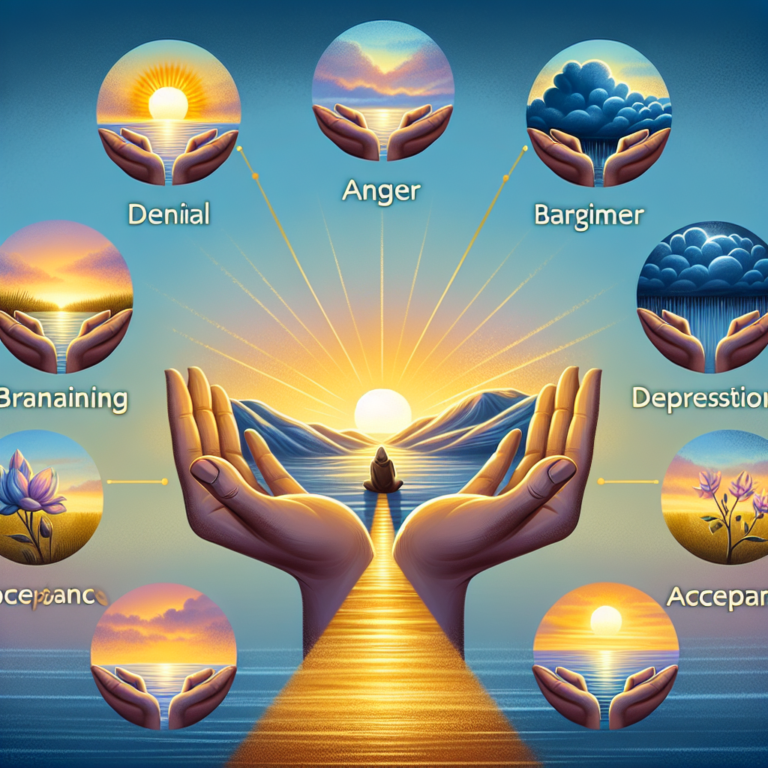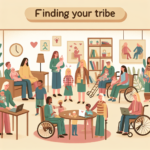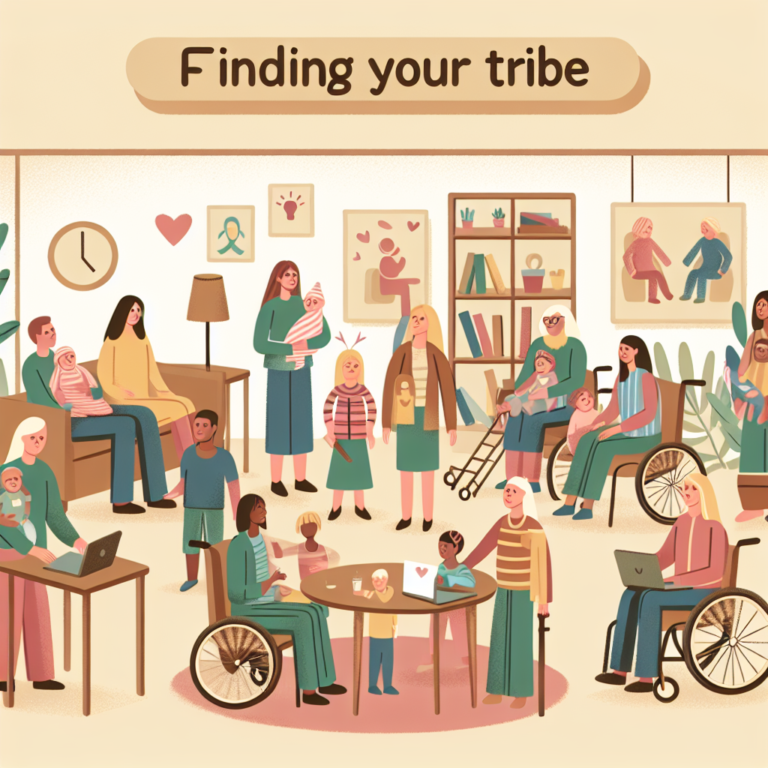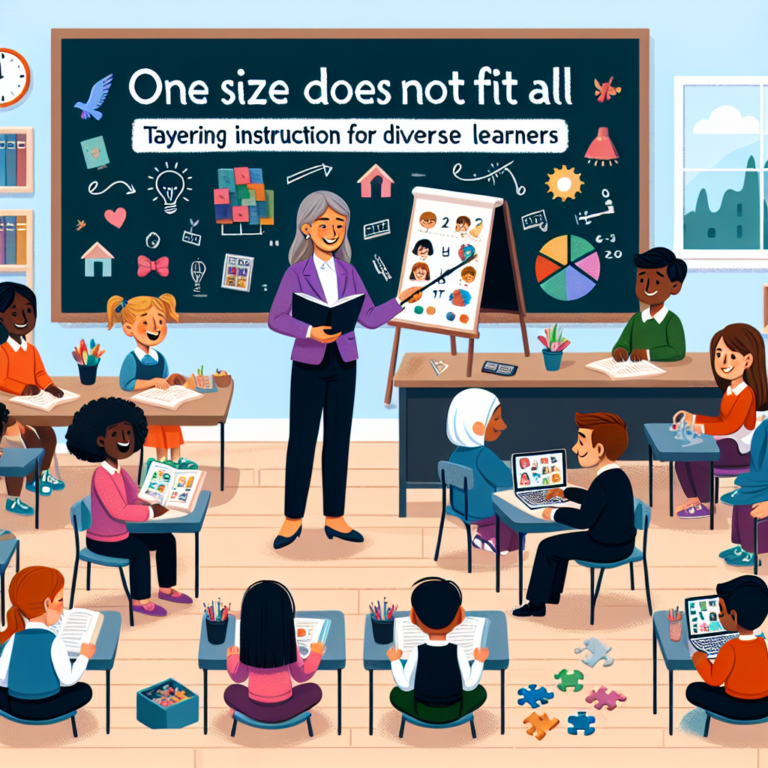
Grief is Not Linear: Insights into the Stages of Grief and Healthy Coping Methods
Introduction
Grief is a deeply personal journey, one that affects each of us in unique and unpredictable ways. The loss of a loved one, whether through death, divorce, or another form of separation, can leave us feeling unmoored. For many, the prevailing notion is that grief follows a linear path: a neat sequence of stages that we can simply traverse from beginning to end. However, the reality is that grief is not linear. Understanding this concept is vital in navigating the turbulent waters of sorrow, loss, and eventual healing. This article aims to provide insights into the stages of grief and suggest healthy coping methods that honor the complexity of our emotional experiences.
The Misconception of the Linear Model
The Traditional Stages of Grief
The famous Kübler-Ross model, introduced in her 1969 book "On Death and Dying," outlines five stages of grief: Denial, Anger, Bargaining, Depression, and Acceptance. While these stages serve as a valuable framework for many, life isn’t a neatly organized graph where one moves in a straight line from one stage to the next.
Case Study: Sarah’s Journey
Background: Attending her mother’s funeral, Sarah felt an overwhelming presence of denial. Just a week after, however, a sudden burst of anger surfaced at a loved one who seemed to have moved on too quickly.
Analysis: Sarah’s experience exemplifies how grief can fluctuate with no clear demarcation of stages. It’s important to recognize that these emotions are not isolated; they can intermingle and resurface at unexpected times.
Beyond Stages: The Non-Linear Experience of Grief
Understanding that grief is not linear means acknowledging that grief can recur, overlap, and transform. A person might experience feelings of anger months after what others may deem a resolution point, demonstrating that grief is more of a spiral than a straight line.
Exploring the Stages of Grief
Denial: The Initial Shock
In the immediate aftermath of loss, individuals may feel as though the event has not occurred or that it’s some sort of mistake. Denial can serve as a defense mechanism, buffering individuals from the raw pain of loss.
Coping Methods for Denial
- Mindfulness Practices: Techniques like meditation can anchor individuals in the present, reminding them of their feelings and encouraging engagement with their reality.
- Journaling: Expressing feelings in a safe space can help individuals confront their grief gradually.
Anger: The Outburst of Emotion
Anger can be directed at others, the deceased, or even oneself. This stage often involves feelings of frustration and helplessness.
Coping Methods for Anger
- Physical Activity: Exercise can be a healthy outlet for pent-up emotions. Participating in sports, yoga, or even long walks can help alleviate some of the frustration.
- Artistic Expression: Channeling anger into creative endeavors such as painting or playing music can provide a means of processing these intense emotions.
Bargaining: The "What Ifs"
In this stage, individuals may dwell on hypothetical scenarios that might have changed the outcome, leading to feelings of guilt.
Coping Methods for Bargaining
- Support Groups: Sharing feelings with others who have experienced similar losses can provide perspective and reduce feelings of isolation.
- Therapy: Seeking professional counseling can guide individuals through these feelings in a constructive manner.
Depression: The Heavy Weight of Reality
Once the initial shock wears off, the reality of loss becomes more apparent, often leading to feelings of sadness, loneliness, and despair.
Coping Methods for Depression
- Routine Establishment: Creating a daily schedule can provide structure, allowing individuals to manage their time and emotions effectively.
- Mindfulness and Relaxation: Techniques like yoga and meditation can help alleviate stress, grounding individuals during difficult periods.
Acceptance: Embracing the New Normal
Acceptance is not about being “okay” with the loss but learning to live with it. It signifies a time of learning and remembrance.
Coping Methods for Acceptance
- Legacy Projects: Creating a tribute or memory book can provide a meaningful way to honor the deceased.
- Acts of Kindness: Engaging in community service or charitable acts in memory of the loved one can be immensely healing.
Healthy Coping Methods for All Stages
Emotional Expression: Talking It Out
Communication is critical. Sharing feelings with trusted friends or family can provide immense relief. It helps normalize the experience of loss and builds a supportive network.
Self-Care: The Foundation of Healing
Maintaining physical well-being through balanced nutrition, proper sleep, and regular exercise can significantly impact emotional health.
Mindfulness and Meditation
Practices such as mindfulness can restore a sense of peace and presence, helping individuals cope with overwhelming emotions. Engaging in deep breathing exercises can also help manage anxiety during moments of intense grief.
Creating Rituals
Having observable rituals—such as lighting a candle on the anniversary of a death or visiting a favorite place—can serve as touchstones, providing a sense of connection to the lost loved one.
Exploring Nature
Nature has a restorative power. Spending time outdoors allows individuals to connect with their feelings and find solace in the beauty of the natural world.
Table: Healthy Coping Methods Across the Stages of Grief
| Stage | Coping Method | Description |
|---|---|---|
| Denial | Mindfulness Practices | Engaging in the present moment. |
| Anger | Physical Activity | Exercising as an emotional release. |
| Bargaining | Support Groups | Sharing experiences with others. |
| Depression | Routine Establishment | Creating a daily structure for stability. |
| Acceptance | Legacy Projects | Honoring the deceased through meaningful acts. |
Conclusion
In conclusion, it’s vital to internalize that grief is not linear; it’s a complex emotional tapestry woven with varied feelings and experiences. Embracing this reality can provide relief and understanding as we traverse our personal journeys of loss. While the path to healing is unique for everyone, engaging in healthy coping methods can aid in navigating the emotional roller-coaster that grief often presents. As we learn to wear our grief like a badge of honor, remember that healing does not imply forgetting; it’s about learning to live fully despite the absence we feel.
FAQs
1. What does it mean when we say "grief is not linear"?
This means that the grieving process doesn’t follow a strict sequence of emotions; instead, individuals may experience various feelings—like anger, sadness, and acceptance—simultaneously or in an unpredictable order.
2. How long does grief last?
Grief is highly individualistic; some may cope in months, while others might take years. What’s essential is recognizing the ongoing nature of grief and allowing oneself the necessary time to heal.
3. Is it normal to feel joy while grieving?
Yes! Feeling joy or experiencing moments of happiness is perfectly normal and reflects the multidimensional nature of our emotional experiences.
4. How can I support someone who is grieving?
Being present, actively listening, and offering practical help can provide tremendous support. Sometimes, simply being there without feeling the need to offer solutions can be incredibly comforting for those in grief.
5. When should I seek professional help while grieving?
If feelings of grief become overwhelmingly debilitating, interfere with daily functions, or lead to prolonged depression, it’s advisable to seek professional support for enhanced coping strategies.
Remember, understanding grief is an evolving process—a mix of love, loss, and the lessons learned along the way. Acknowledging that grief is not linear can lead to deeper self-awareness and ultimately, profound healing.


